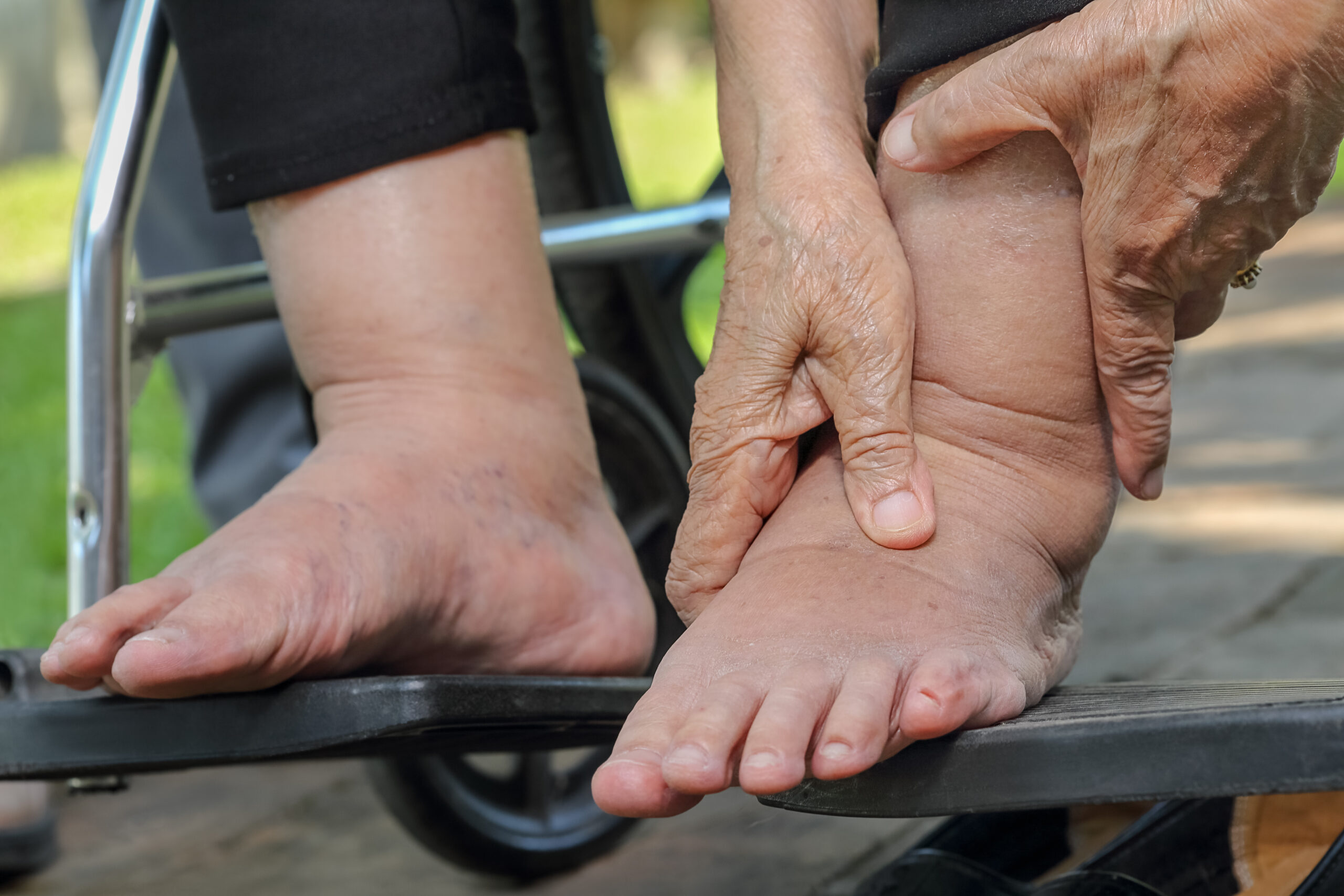What is Diabetic Neuropathy?
Diabetic neuropathy is a type of nerve damage that happens in people with diabetes. Because high blood sugar can harm nerves over time, this condition is common among those with diabetes. In fact, many people experience diabetic nerve pain symptoms, such as tingling or numbness. While some people have mild symptoms, others may face serious problems. Therefore, managing diabetic neuropathy is important for your health and comfort.
Symptoms of Diabetic Neuropathy
Symptoms can vary from person to person. However, most symptoms start slowly and get worse over time. Early signs may be easy to miss. Yet, knowing what to look for can help you get care sooner.
Sometimes, symptoms may affect only one area. But often, both sides of the body are involved. If you notice any of these signs, it is wise to talk to your doctor.
Causes and Risk Factors
High blood sugar is the main cause of diabetic neuropathy. Over time, extra sugar in the blood can damage nerves. But other factors can also increase your risk.
For example, people who do not manage their diabetes well are more likely to develop nerve damage. In addition, unhealthy habits like smoking can make things worse.
How Diabetic Neuropathy is Diagnosed
Doctors use several steps to diagnose diabetic neuropathy. First, they ask about your symptoms and medical history. Next, they perform a physical exam. During the exam, your doctor may check your reflexes, muscle strength, and sense of touch.
Sometimes, special tests are needed. These may include:
Early diagnosis is important. Because nerve damage can get worse, seeing your doctor quickly can help prevent serious problems.
Treatment Options
While diabetic neuropathy cannot be cured, treatment can help manage symptoms and slow nerve damage. The main goal is to control blood sugar levels. In addition, your doctor may suggest other treatments.
Sometimes, your doctor may refer you to a specialist. Together, you can create a plan that fits your needs.
Lifestyle Tips and Prevention
Good habits can help prevent or slow diabetic neuropathy. Even small changes can make a big difference. Here are some tips:
For example, checking your feet every day can help you spot problems early. In addition, regular exercise can improve blood flow and nerve health.
When to See a Doctor
It is important to see your doctor if you notice any signs of nerve damage. Early care can help prevent serious issues. You should seek help if you have:
Remember, regular check-ups are key for people with diabetes. Your doctor can help you manage diabetic neuropathy and stay healthy.
Conclusion
Diabetic neuropathy is a common problem for people with diabetes. However, early action and healthy habits can help you manage symptoms and prevent further damage. Consult a healthcare professional for personalized advice on diabetic neuropathy.
Sources: Centers for Disease Control and Prevention (CDC), World Health Organization (WHO)

